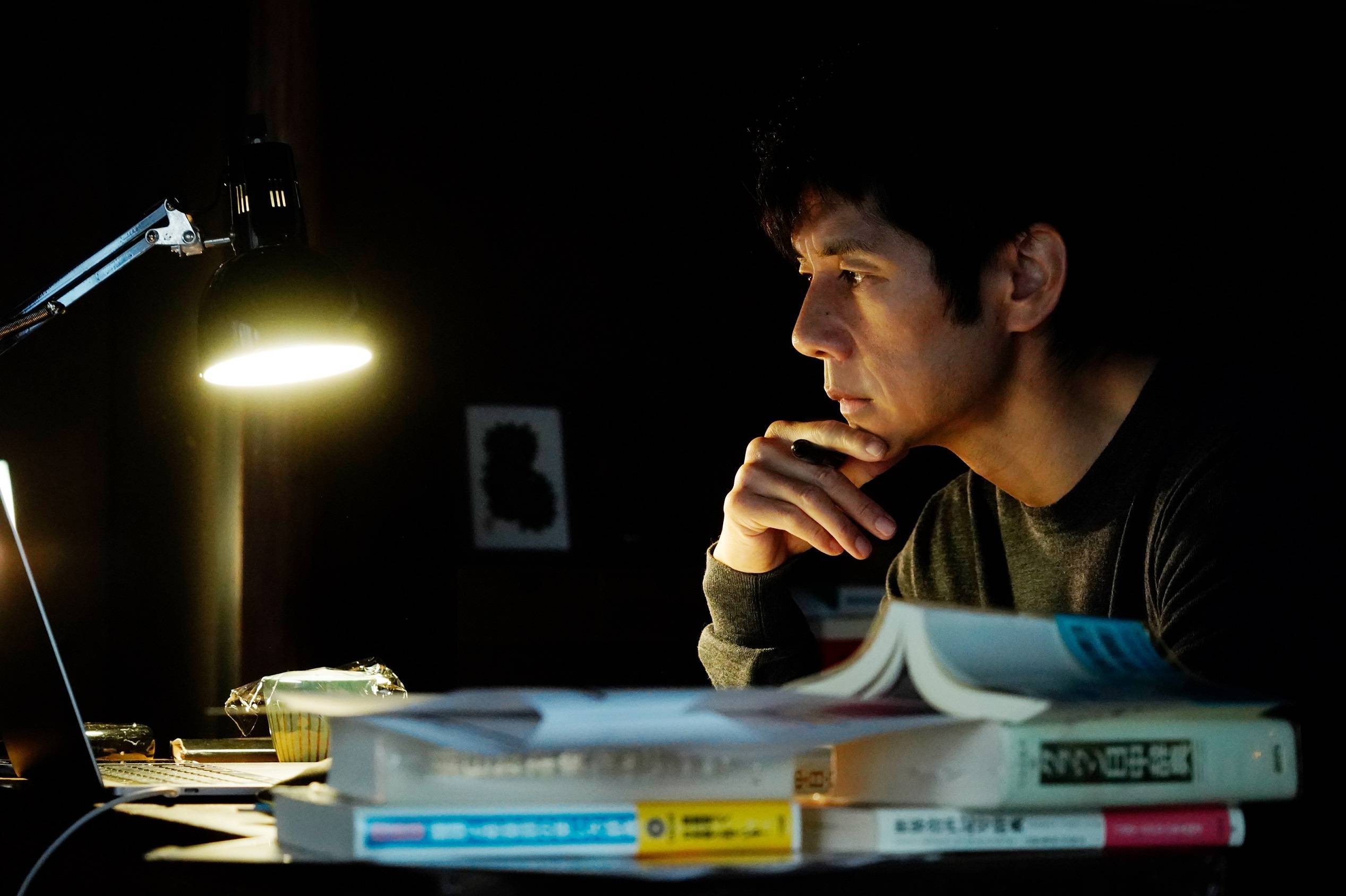The title of the Oscar-nominated film “ドライブ・マイ・カー” (“Doraibu Mai Kā,” “Drive My Car”), directed by Ryusuke Hamaguchi and based on the short story by Haruki Murakami, is a metaphor. Or at least it was originally: the Beatles song of the same name is steeped in sexual innuendo.
Metaphors and similes — or 比喩 (hiyu) in Japanese — are an important part of the language, as they are in English. They demonstrate emphasis, function as a euphemism (like “Drive My Car” does in the song), and provide a vivid and expressive way to describe a feeling, action, object or state. They’re also a huge part of the Murakami story behind Japan’s most successful showing at the Academy Awards since the output of Akira Kurosawa. The film is nominated for best foreign film, best adapted screenplay, best director and, the ultimate, best picture.
“Drive My Car” is a loose interpretation of the Murakami story from his collection “女のいない男たち” (“Onna no Inai Otoko-tachi,” “Men Without Women”). Both the story and the film are about the actor Yusuke Kafuku, who is assigned a taciturn, young female chauffeur to drive him to rehearsals for a performance of the Anton Chekhov play “Uncle Vanya.” The thrust of the story focuses on Yusuke grappling with grieving for his deceased wife, who he discovered had been cheating on him before her death. While the movie takes several directions that the original story doesn’t, the themes of 嘆き(nageki, grief) and 演技 (engi, acting) come to the forefront of both film and story.



















With your current subscription plan you can comment on stories. However, before writing your first comment, please create a display name in the Profile section of your subscriber account page.